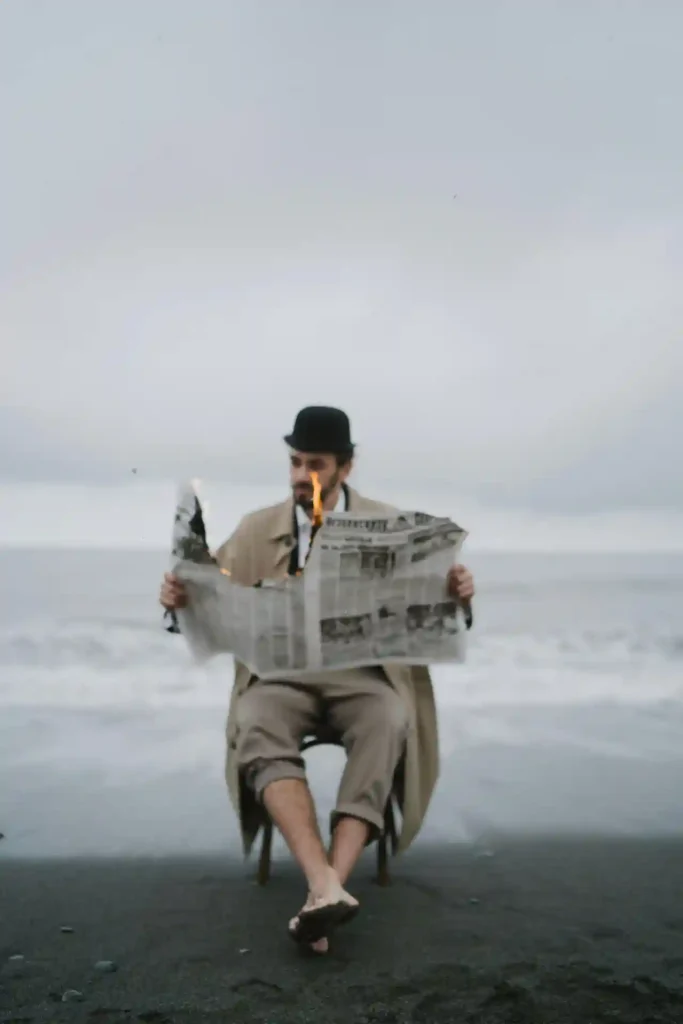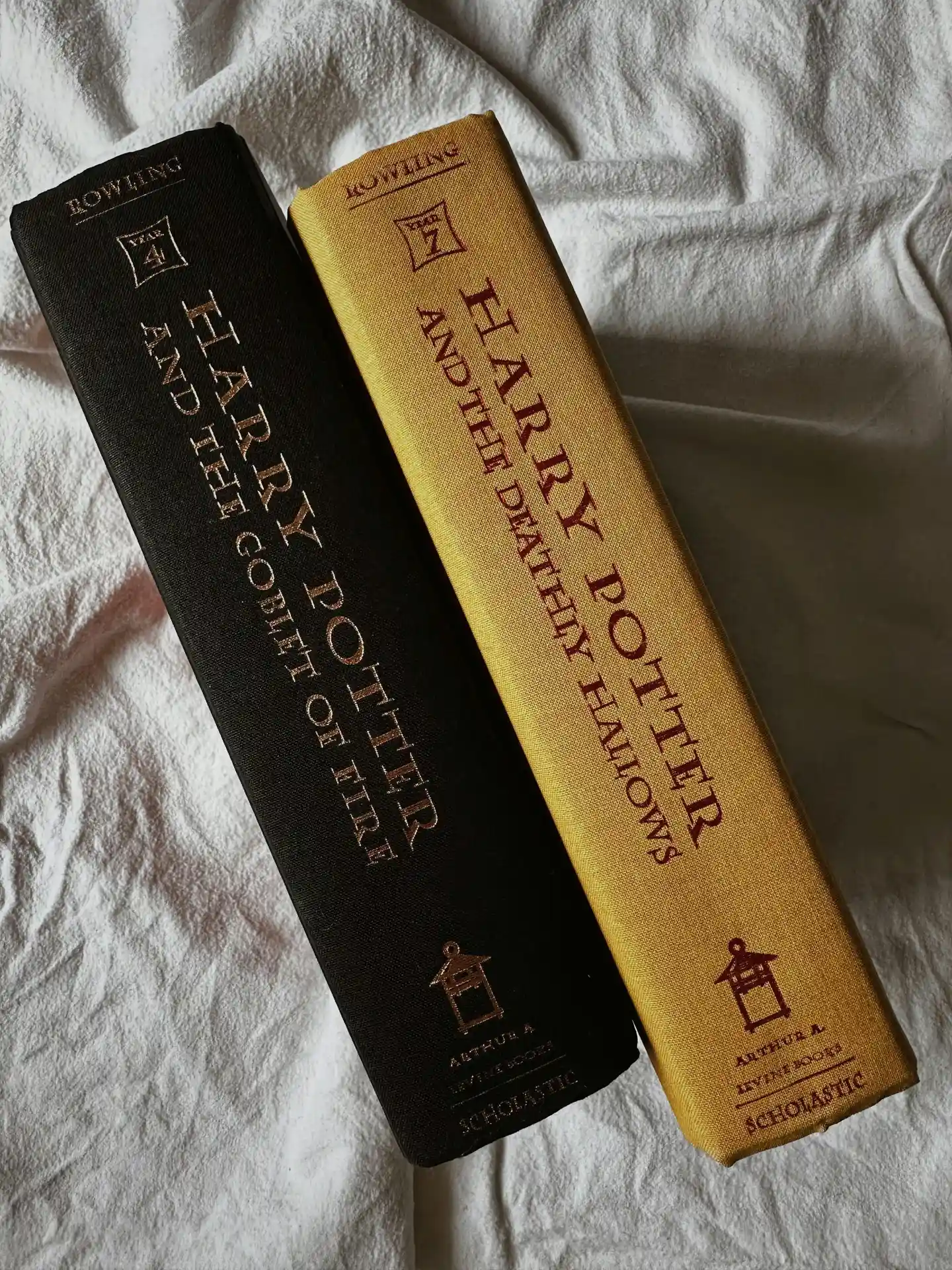In Harry Potter and the Goblet of Fire, Ron Weasley goes through a unique character journey that stands out from previous books. Readers can see his reactions to events and people around him shift in sometimes confusing ways, particularly when it comes to matters of wealth, self-worth, and his insecurities. At this stage in the series, Ron begins to confront his feelings about money more directly, leading him to act in ways that are at times tense, envious, and even resentful—especially toward his best friend, Harry Potter.
This article delves into Ron’s relationship with money and why it influences his behavior so heavily in Goblet of Fire. By examining Ron’s background, his insecurities, and his reactions to wealth, we can better understand his character and the complex emotions behind his actions.
Ron’s Background: Growing Up with Financial Hardship
The Weasley family’s financial situation is well-known throughout the series. As one of seven children in a single-income household, Ron’s experience with money has always been one of scarcity. His family lives on the modest salary of his father, Arthur Weasley, who works for the Ministry of Magic in the Misuse of Muggle Artifacts Office. Despite being full of love and warmth, the Weasley household often struggles to make ends meet, leaving Ron in a position of relative disadvantage compared to his friends and classmates.
This background fuels many of Ron’s insecurities. Unlike Harry, who has inherited a substantial fortune from his parents, or Hermione, who, although Muggle-born, does not experience financial difficulty, Ron constantly feels that his family’s lack of wealth sets him apart. His secondhand robes, patched-up clothes, and worn school supplies remind him of his financial status and amplify his feelings of inferiority. This is particularly significant at Hogwarts, where many of the students come from wealthy backgrounds, such as Draco Malfoy, who openly mocks Ron’s financial situation. In Goblet of Fire, Ron is acutely aware of how his family’s financial status impacts his social standing and his sense of worth.
Also Read
10 Best Ways to Promote Equity and Inclusion
Harry’s Wealth and Ron’s Feelings of Resentment
Harry and Ron’s friendship is solid, but Harry’s wealth is often a source of tension, even though Harry himself is careful not to flaunt it. Since Harry’s introduction into the magical world, he has inherited a fortune that allows him financial freedom that most students at Hogwarts don’t enjoy. Harry’s wealth allows him to buy high-quality supplies, access leisure activities like purchasing sweets and magical items on a whim, and even buy gifts for his friends.
However, as close as Ron and Harry are, Ron can’t help but feel envious at times. In Goblet of Fire, these feelings reach a breaking point during the Triwizard Tournament, when Harry is mistakenly entered into the competition and becomes the center of attention. The tournament brings Harry more popularity and admiration, two things that Ron, who often feels overshadowed as the “sidekick,” deeply yearns for. This is compounded by the fact that Harry can easily afford luxuries that Ron cannot, such as when Harry buys a seemingly endless supply of sweets like Drooble’s Best Blowing Gum on the Hogwarts Express.
For Ron, these constant reminders of Harry’s privilege amplify his insecurities and resentment. Though he deeply values Harry’s friendship, it’s difficult for him to fully escape the nagging feeling of being “less than” because of his family’s poverty. When Ron acts odd or distant, it is often because his insecurities are making him feel inadequate. It’s a clash between his genuine friendship with Harry and the resentment that comes from years of feeling second-best due to financial limitations.

Ron’s Struggle for Recognition and Identity
Ron’s odd behavior is not solely about money; it also stems from his desire to be recognized for his achievements. As one of many siblings, Ron often finds himself overshadowed by his older brothers, each of whom has distinct accomplishments. Bill and Charlie are successful and admired, Percy is an ambitious prefect, and the twins, Fred and George, are popular and entrepreneurial. In Ron’s mind, he has no notable achievements to set himself apart from the others, and he craves validation as an individual.
The Triwizard Tournament intensifies Ron’s feelings of being overlooked. When Harry’s name is called, Ron initially responds with disbelief and anger. Although Harry had no control over entering the tournament, Ron sees Harry’s involvement as yet another instance where his best friend is singled out and given a special opportunity—one that Ron secretly wishes he could have himself. This manifests in a cold, distant attitude toward Harry, as Ron grapples with feeling invisible next to his famous friend.
Material Goods as a Symbol of Success
One recurring theme in Goblet of Fire is the idea of material goods symbolizing success. The Yule Ball is an example where Ron’s insecurities are painfully visible. While Harry can afford new dress robes, Ron has to wear a set of hand-me-downs that are old, frilly, and outdated. His embarrassment over these robes and the awkwardness they cause at the event are further signs of how deeply Ron is affected by his family’s financial situation. The experience underscores his feeling of being out of place and serves as a reminder that he lacks the resources his wealthier friends take for granted.
Drooble’s Best Blowing Gum, though seemingly minor, represents this same desire for things Ron can’t afford without assistance. These small luxuries that others see as trivial mean a great deal to Ron because they symbolize the ease of life he wishes he could experience. His fixation on material items like these, and his frustration when he can’t obtain them, reflect a deeper sense of longing for the normalcy that others around him enjoy.
Ron’s Character Growth and Reconciliation
By the end of Goblet of Fire, Ron and Harry reconcile, as Ron comes to understand that Harry didn’t want fame or fortune and that being in the spotlight brings its own set of dangers and pressures. This realization helps Ron mature and accept that his worth isn’t defined by wealth or recognition, but by his loyalty, bravery, and kindness. Although his envy and insecurities don’t completely disappear, Ron’s journey in Goblet of Fire represents an important step in his development as he begins to understand that his own identity is valuable, regardless of material wealth.
Conclusion
Ron’s behavior in Goblet of Fire highlights his complex relationship with money, self-worth, and friendship. His odd actions are fueled by the insecurities that come from years of financial hardship and the comparison he feels to his wealthier, more privileged friends. As he navigates these emotions, he learns valuable lessons about himself, his friendship with Harry, and what truly defines his worth. By exploring Ron’s struggles, J.K. Rowling adds depth to his character and sheds light on the impact that financial insecurity can have on a young person’s self-esteem and relationships.

